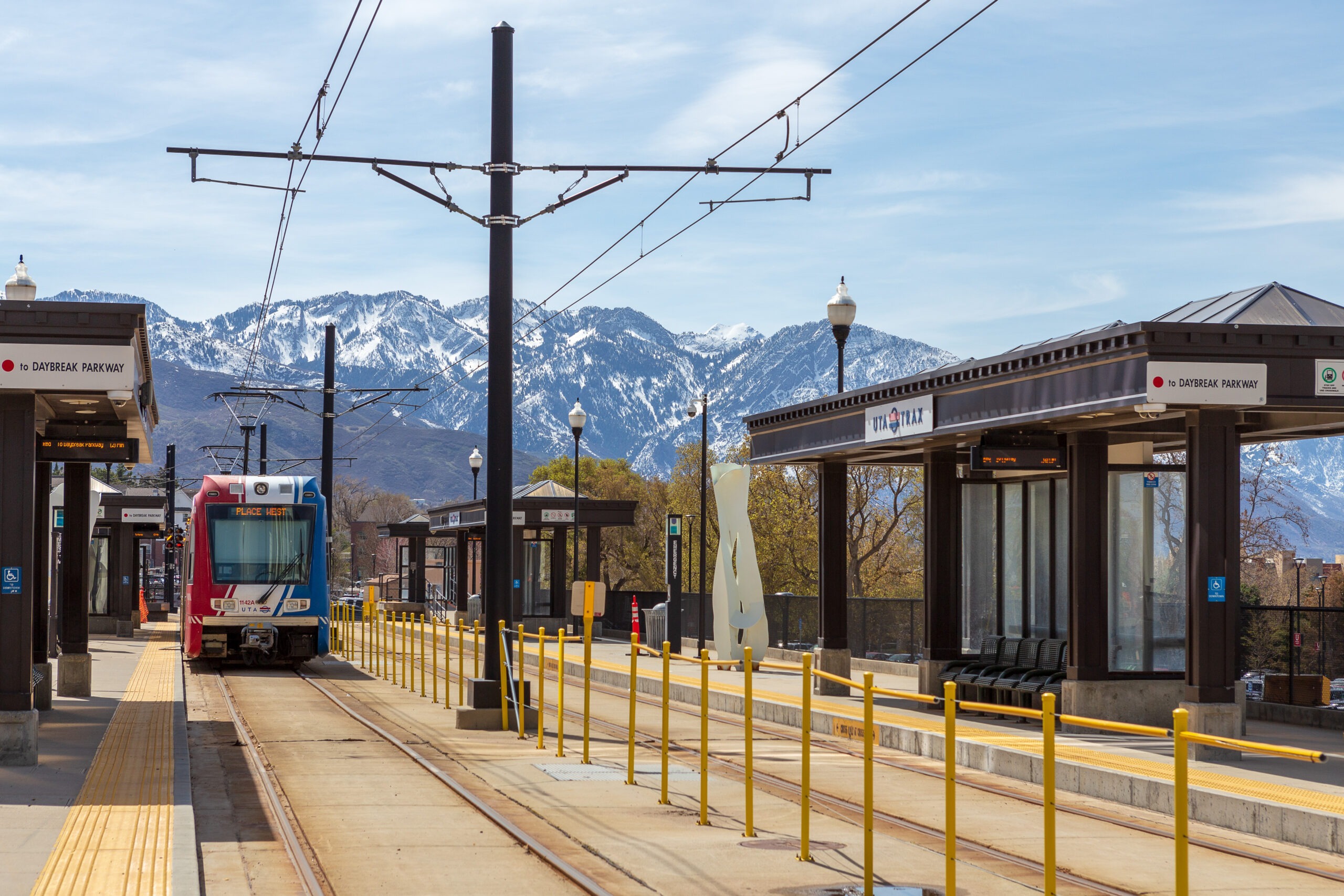
The third of four community listening sessions took place on June 7, 2024 at University Neighborhood Partners (UNP) with nonprofit leaders and stakeholders from Utah’s immigrant, Latino, and Pacific Islander communities among other community service groups. The session was split into two groups (one for English speakers and one for Spanish speakers) and was moderated by Maria Garcia, CEO of Neighbor Works Salt Lake City and member of U Board of Trustees, and Emma Houston, assistant vice president at the U. Below are the key themes and issues that emerged from the discussion.
English-speaking Session
Strengths of the U: Participants highlighted the U’s robust support services, including extensive library resources, student support programs like SSA and TRIO, and specialized healthcare services such as the SUPeRAD Clinic. The university was praised for its active engagement in community events, strong partnerships like UNP, and dedicated support for initiatives like high school conferences and outreach to Pacific Islander communities. Its reputation for high-quality research and education, particularly in medical and engineering fields, was also noted.
Perceptions and Challenges: Despite its strengths, the U faces challenges. It is perceived as expensive, with concerns about affordability and accessibility, especially for low-income and minority communities. Participants expressed mixed feelings about healthcare services, citing issues of cost, mistreatment during medical care, and distance from community clinics. There was a perception that the U is predominantly known for medical and engineering fields, potentially overshadowing other disciplines. Concerns were also raised about a disconnect between the university and grassroots community needs as it expands.
Opportunities for Improvement: Participants suggested enhancing collaboration between university departments and with external partners to address community needs more comprehensively. Improving accessibility and dissemination of information about resources, scholarships, and courses, especially to underserved and immigrant communities, was recommended. Addressing issues of mistreatment and improving empathy in healthcare interactions through training and community engagement was seen as crucial. Expanding university services and outreach beyond the main campus to better serve diverse areas of the community was also highlighted.
Recommendations and Future Directions: It was recommended that the U increase its proactive involvement in local events and health fairs to better communicate available resources. There was a call for more inclusive practices, increased support for first-generation students, and community-specific scholarships. Strengthening partnerships with community organizations and expanding outreach efforts were emphasized to better support and engage with diverse populations. Finally, participants underscored the importance of community input in the U’s strategic planning process to ensure alignment with community needs and priorities.
Spanish-Speaking Session
Strengths of the U: Participants highlighted several key strengths of the institution. They noted that the U excels in taking on projects and programs that might otherwise struggle to find support or visibility, thereby enhancing its impact on the community. Participants also praised the dedicated professors and staff who contribute significantly to the university’s success and outreach efforts. The Bennion Center, in particular, was cited for its role in supporting school programs and fostering community engagement through various initiatives. Additionally, the university’s provision of scholarships for community members and its commitment to programs like the West Side Leadership were recognized as essential contributions to educational accessibility and community empowerment.
Perceptions of the U Within the Community: Participants shared diverse perceptions of the U within their networks. While many acknowledged the university’s positive impact, especially in supporting educational initiatives and community projects, concerns were raised about accessibility and inclusivity. Some participants expressed a desire for more scholarships tailored to students from Latinx backgrounds and better health insurance options for families. They also highlighted bureaucratic challenges, such as complex paperwork processes and limited language accessibility, which can hinder community members’ access to university resources. Moreover, issues related to diversity and inclusion surfaced, with concerns about the university’s ability to support students from diverse backgrounds effectively.
Areas for Improvement and Opportunities for Growth: Discussions also focused on areas where the U could improve and capitalize on opportunities for growth. Participants emphasized the need for clearer communication and more accessible resources, especially in languages other than English. They advocated for increased scholarship opportunities for first-generation students and enhanced support services for navigating the college application process. Strengthening community engagement initiatives, including closer collaboration with local communities and addressing cultural competency gaps, was identified as crucial for fostering a more inclusive and supportive university environment.
Challenges and Recommendations: Finally, participants discussed potential threats and challenges that could hinder the U’s ability to effectively serve its communities. Financial barriers, discrimination, and language accessibility issues were identified as significant challenges that need to be addressed. Recommendations included expanding financial aid options, improving language accessibility in university communications, and enhancing diversity training for faculty and staff. Participants underscored the importance of building trust and mutual respect between the university and local communities to overcome these challenges and strengthen partnerships for meaningful societal impact.
